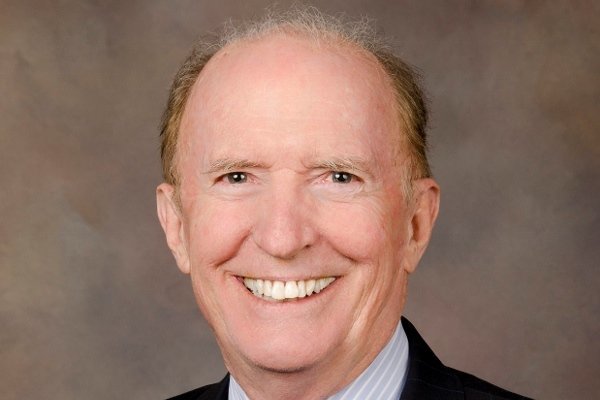U.S. did not reach to its goal on Iran in Warsaw meeting: Robert Hunter

TEHRAN – Robert E. Hunter, the former U.S. ambassador to NATO, says INSTEX is a political signal to the Trump administration.
“It is doubtful that INSTEX will make a major substantive difference, given the size of Iranian “needs” and the continued dominant role of the US dollar,” Hunter tells the Tehran Times.
Hunter says, “U.S. did not reach to its goal on Iran in Warsaw meeting.”
Following is the full text of the exclusive interview with Hunter:
Q: Do you think that anti-Iran Warsaw meeting reach to its goal on Iran?
A: The U.S. goal, no.
Q: Again in this meeting U.S. want for withdrawing the EU countries from JCPOA. But three European countries emphasized on remaining in this agreement. Can we interpret this as isolation of Trump administration in this regard?
A: Relatively speaking, yes.
Q: Germany, France, and the European Union — all members in the Iran nuclear deal — didn’t send high- level delegates to Warsaw meeting and Arab nations sent low-level delegates to the sessions. Why?
A: These and some other countries did not believe it would be useful to take part in a meeting, certainly not at a high level, that was in fact designed to put pressure on Iran rather than genuinely to seek means of increasing security in the Middle East.
Q: What is your assessment about the INSTEX?
A: A political signal to the Trump administration.
Q: Can this tools fulfill Iran needs?
A: Iran will have to make that judgment. Looking at it from outside, it is doubtful that INSTEX will make a major substantive difference, given the size of Iranian “needs” and the continued dominant role of the U.S. dollar.
There is no escaping the need for Teheran to stop thumbing its nose at the outside world, including the U.S. and Israel.
